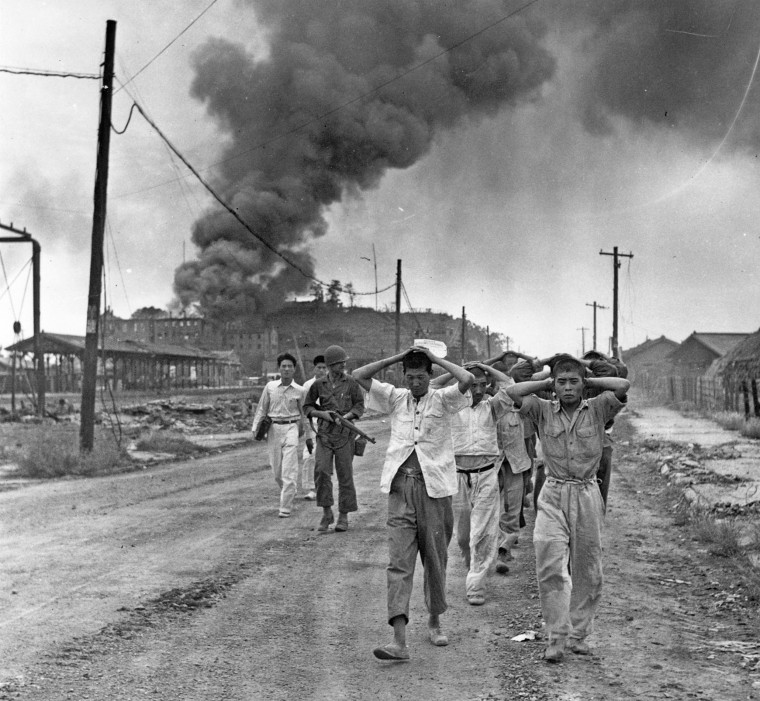Hannah Lee, a college student who’s attending a gathering Thursday in Washington, D.C., to call for a real end to the Korean War, says she remembers the first time the conflict was mentioned at her public school in Tacoma, Washington.
“In sixth grade, my teacher told me that the Korean War was over. But I knew from my parents that the war had never officially ended,” the activist and rising junior at the University of Pennsylvania said.
In commemoration of the 70th anniversary of the Korean War Armistice, hundreds of advocates are gathering in the nation’s capital to take part in a mobilization to formally end the conflict. The multiday event is supported by a range of U.S.-based peace organizations and will include a congressional news conference with co-sponsors of H.R. 1369, a House bill calling for serious diplomatic efforts toward a permanent peace agreement in Korea.
The Korean War, sometimes called “The Forgotten War” in the United States, was only a small footnote in Lee’s history books at school. “I realized later that the war played a huge part in the United States’ extensive military involvement abroad,” Lee said. “It’s important that younger activists like me increase public awareness on how devastating the lasting effects of the war have been across generations.”
The Korean War began on June 25, 1950, when North Korean forces invaded South Korea. The Soviet Union and China trained and aided North Korea, while the U.S. supported South Korea with United Nations-backed forces. The war was a proxy for these larger powers and became the first military action taken during the Cold War.
The Korean War Armistice was signed on July 27, 1953 by representatives from the U.S., North Korea and China. South Korea, intent on reunifying the two Koreas, refused to be a signatory of the truce. The following year, there was an attempt at the Geneva Conference to broker a peace deal, but the negotiations fell apart.

The armistice was originally…
Read the full article here





